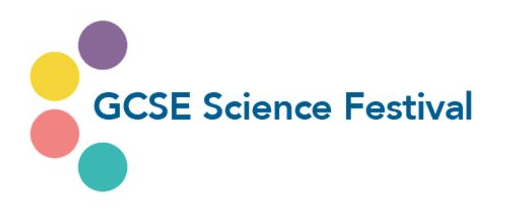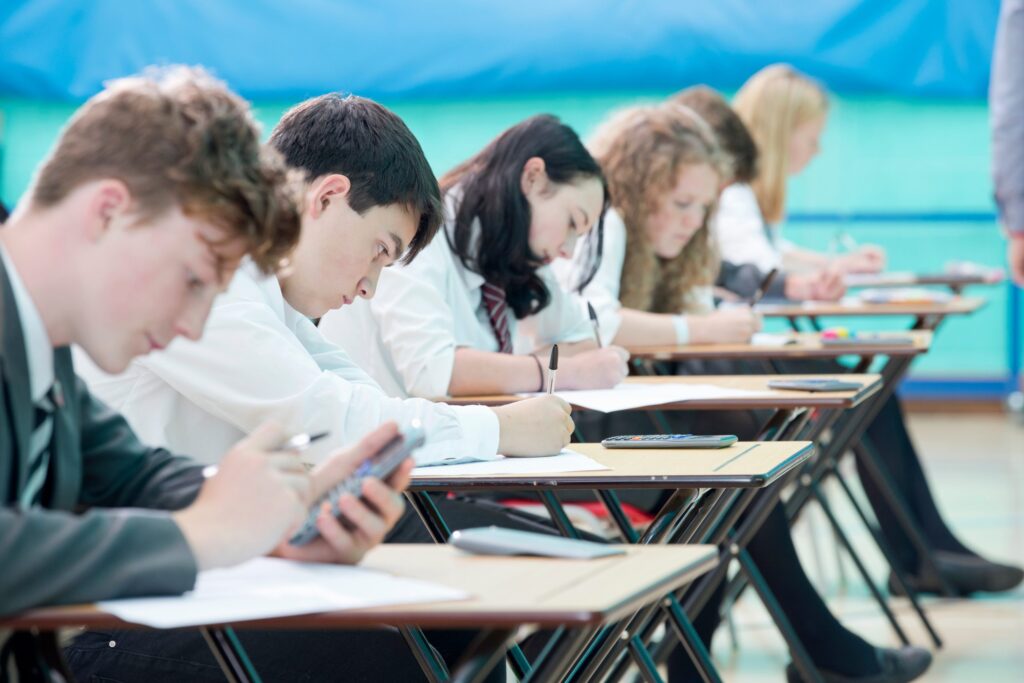Maths in Science: Four Questions and a Neat Idea
It now seems, following an almost endless wait for GCSE specifications to be approved, that a week isn’t complete without yet another announcement of accreditation. The palpable relief from the awarding organisations is not in your imagination.
One of the key features is, as we know, the role of maths skills. In the Collins resources we’ve been looking hard at these and we have a range of ideas. There are some fairly crunchy questions to resolve and I thought it was worth sharing some of these. I also wanted to pitch in an idea. It’s not a solution to the questions, but it is pretty neat.
- Do we teach set procedures in relation to maths skills? When I was a pupil (not only last century but, as my children point out, last millennium) I was taught a procedure for doing long division. When that’s the sum, this is the approach. However, a great maths lesson I saw recently asked students to devise (and subsequently evaluate) a range of ways of solving 1005 minus 897. Which develops maths skills better? There’s an argument for each approach and it needs to be explored.
- What’s the dialogue like with colleagues in maths? If we’re waiting for programmes of study and specifications to ensure that students always get taught a skill in maths before it’s needed in science, we’re going to have a long wait. With terminally assessed courses we get to teach things in any order we want to. Have we got our story straight with teachers who use the same Staff Room?
- Are we rinsing our contexts? Science is a great subject to produce real data and that provides opportunities to develop maths skills. The role of practical work gets beefed up with every iteration of the specifications (comments about practical work being marginalised are now being replaced with questions about how all the equipment can be afforded) and many of these will provide authentic opportunities for data to be handled.
- How are we intervening if students struggle? Having conducted many student voice activities in different schools, I know that one of the things students really appreciate is a teacher’s ability to explain things in a different way. If one approach doesn’t work, is it repeated or is there a different one we can reach for?
The neat idea: One classroom I visited some while back had markers around the room, equally spaced and marked 101m, 102m, 103 m, and so on, in one direction, with negative indices in the other. Then, when anything was introduced (wavelength of red light, distance to the Sun, radius of a hydrogen atom, etc.), students would be asked to suggest where it appeared. A suitable graphic or caption was introduced and added to the display. The teacher had got the idea from doing a cover lesson in History in a room with a timeline and had converted it to a log scale. Because different year groups used the room, there was a wide range of examples included.
In the Collins Science Fest we’ll be exploring a range of challenges and opportunities arising from the new specs, including issues such as developing maths skills. Join in and see what people are coming up with.
Ed Walsh




